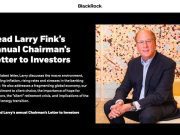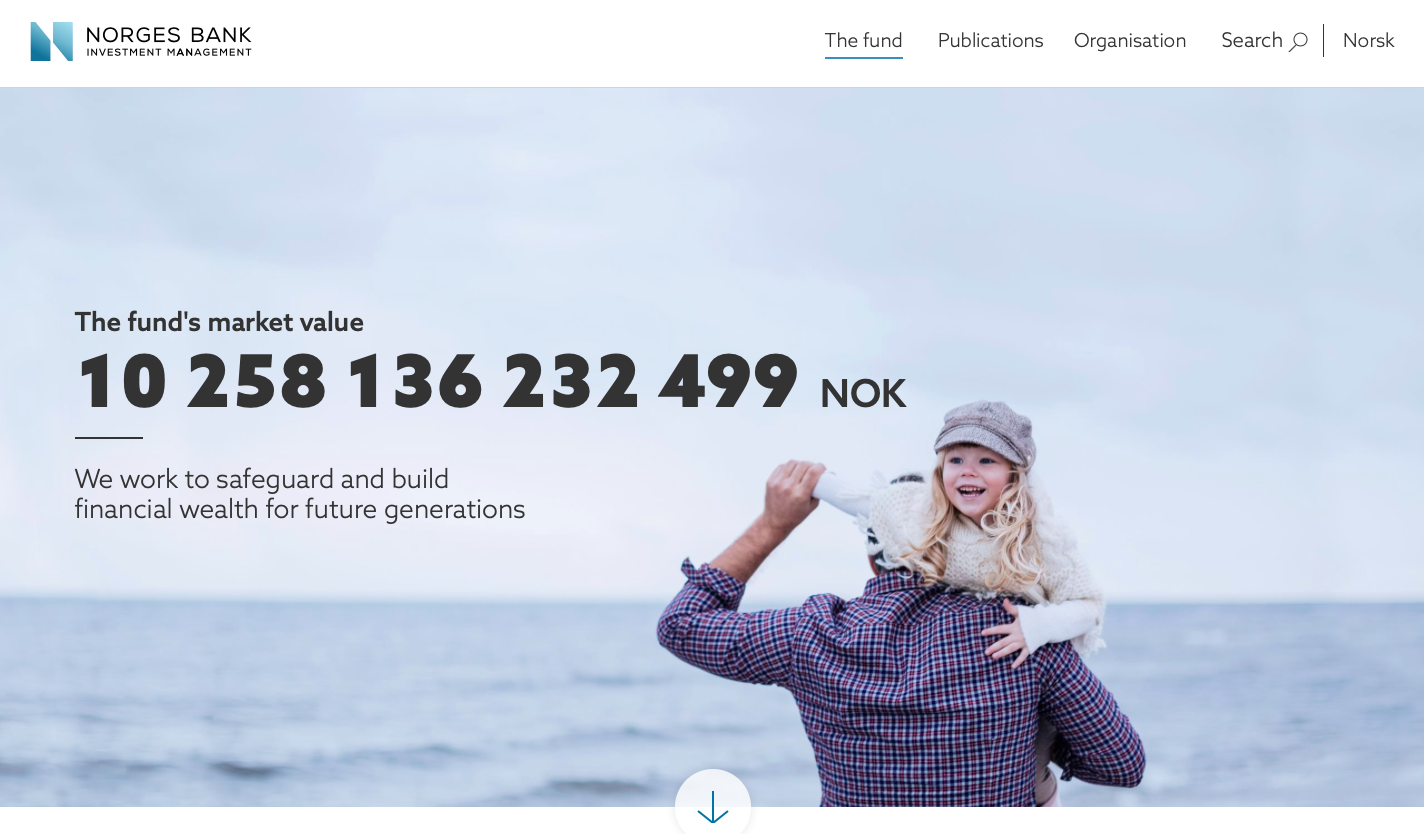How to survive as a Priority Banker?
50% of Priority Bankers quit in 15 months. The biggest reason? The quality of portfolio.
50% of Priority Bankers quit in 15 months
Unlike in Personal Banking where you get to meet infinite number of customers, a Priority Banker only manage an assigned portfolio of clients. The number of clients ranges from 100 to 300, with some banks having much fewer clients. This is dependent on the bank’s client base, cost base and structure of the bank.
Recap: How to survive as a Personal Banker
This means the Priority Banker’s performance is greatly impacted by the number of clients and the quality of clients.
A poor portfolio could be where most clients are retired, in their late 60s to 70s. It isn’t so bad as this group of clients usually have more savings. But because regulations had identified this group of clients as vulnerable clients – they had been unintentionally excluded from participation into risky assets due to the more stringent advisory process.
Here’s a look at some of the golden generation who defy the odds.
- Janet Yellen – 69 Years Old
- Warren Buffet – 85 Years Old
- Li Ka Shing – 87 Years Old
- Robert Kuok – 92 Years Old
- Wee Cho Yaw – 86 Years Old
Here, we look at 9 ways you can beat the odds and survive as a Priority Banker.
No. 1 Assess Your Portfolio
Since no Priority Banker will ever want to admit that their portfolio is good, you just have to decide if your portfolio is either workable or non-workable.
Factors to consider
- Demographics / Life Stage
- Their Network
- Their Income / future Cashflow
- Current AUM / Potential AUM
- Investment History
- Potential Products / Revenue
- Projected Period to build Relationship / Achieve Sales
- % of Penetrable Clients / Non-Penetrable Clients / % of Influential Clients
Do some counting. If you don’t have enough clients to sustain the targets, you will have to acquire new clients – if you want to stay on.
No. 2 Quit or Continue

After some detailed or haphazard consideration, your future is sealed. If you had determined it to be non-workable, it means you had judged the portfolio quality as poor. You should quickly look for other options: raise it up to your boss or start looking for another job. Otherwise, your negative sentiments will carry onto your daily work, which will affect your performance.
But if you decide to continue, that’s great. The real work starts.
No. 3 Portfolio Quality is Subjective
Portfolio quality is subjective, but your skills aren’t. Being able to build strong relationships, develop business opportunities, get new clients, make the best out of the worst, are your personal skill sets. You may not be well-recognized for this. But you can take comfort if you are 30 and you decide to retire at 60, your skill sets can last you for 30 years.
If you had assessed the portfolio to be good, you can too become lazy. Many had slacked off thinking they have a dream portfolio, expecting sales and clients to come to them. After sometime, they performed much worse than someone who had a poor portfolio, but had worked hard.
No. 4 Nurture Relationship Quickly, Get Referrals

If you ever wonder why a Personal Banker, Priority Banker & Private Banker are called Relationship Manager, look no further.
Your most important role is to build a strong and quality relationship with clients so that you can start introducing the banks products and services such as wealth management solutions. Money matters are usually personal and sensitive, thus trust, credibility and understanding have to be built.
Building a strong relationship can help you to start discussing about investments and wealth solutions faster. You can also get referrals as they feel that you can provide good services and advice.
- What does a Relationship Manager Do?
- Top 2 Products to build a Strong Relationship with Clients in Retail Banking
- 10 Reasons Why Unit Trust Can Help to Build a Strong Relationship with Clients
- 8 Reasons why Dual Currency Can Help to Build a Strong Relationship with Clients
No. 5 The first 5 months of Sales isn’t Important
The first 5 months of sales isn’t important, if you intend to stay for 5 years. The clients’ money will never run away, but once an investment is made, the financial market is beyond your control.
So take time to craft your strategy, understand the bank’s products, strengths and weaknesses. Talk to your portfolio of clients, understand them, interact with them and their family. A cohesive effort to implement a long term wealth management solution, is better than a hasty one.
This is especially if you intend to be in Priority Banking for a long time. If you can’t take pressure from your boss for 5 months, wait till 100 clients call you when the stock price drops 50%.
If you can’t take pressure from your boss for 5 months, wait till 100 clients call you when the stock price drops 50%
No. 6 Timing

In the philosophies of wealth management, investments and banking, market timing is irrelevant. Though banks discourage market timing, banks are the culprit of timing the market. Systemically, banks adjust lending policies according to economic outlook, tightening and relaxing accordingly.
Market timing is very important for Priority Bankers. As a Priority Banker, your affluent clients expect you to be better than Personal Bankers in investment opportunities. You couldn’t be providing your client the same FX or equity forecast as the Personal Bankers, and the Private Bankers. Plus, it also make no sense that the same information could be interpreted differently.
Market timing is half the story. Timing when to get (or park) your revenue is equally important, since banks pay commission or banks could change performance strategy anytime. Sometimes, it is beyond your control.
No. 7 Revenue Plan for 3 Years. Not 1 Year.
Build a revenue plan for 3 years, not 1 year. Even though your sales target is planned annually, the financial market does not reset every year.
Having a revenue plan, a product penetration strategy, and clients management strategy will serve you well. Especially if you have plans to move into Private Banking or to a Non-banking advisory Institution.
No. 8 Nurture a Good Relationship

Build a good relationship with not just with your clients, but also your bosses and colleagues. There will be new clients acquired by the bank or existing Personal Banking clients being upgraded to Priority Banking.
By being hardworking and conscientious, you are more likely to be assigned new clients whenever they are available. Your boss ideally would rather give the client to Priority Bankers who could do well than to give them to someone who is lazy.
No. 9 Patience is the game
Remember the 50% who left. Their portfolio of clients has to be re-assigned to another Priority Banker, which could be you. Not a good strategy to hope someone is leaving, but the truth is why let it end up at a lazy Priority Banker, when you deservedly want to succeed as a Priority Banker. Otherwise you wouldn’t be reading this.
Disclaimer: No. 9 wouldn’t work if you don’t have a good relationship with your boss.
Related Articles:
- What is a Priority Banker?
- How do you become a Priority Banker?
- Why 50% of Priority Bankers quit in 15 months?
- How do you survive as a Priority Banker?
- How do you succeed as a Priority Banker?
- 5 Stealthy but Astute ways to Excel as a Priority Banker
Sign Up / Register
Caproasia Users
- Manage $20 million to $3 billion of assets
- Invest $3 million to $300 million
- Advise institutions, billionaires, UHNWs & HNWs
Caproasia Platforms | 11,000 Investors & Advisors
- Caproasia.com
- Caproasia Access
- Caproasia Events
- The Financial Centre | Find Services
- Membership
- Family Office Circle
- Professional Investor Circle
- Investor Relations Network
Monthly Roundtable & Networking
Family Office Programs
The 2025 Investment Day
- March - Hong Kong
- March - Singapore
- July - Hong Kong
- July - Singapore
- Sept- Hong Kong
- Sept - Singapore
- Oct- Hong Kong
- Nov - Singapore
- Visit: The Investment Day | Register: Click here
Caproasia Summits
- The Institutional Investor Summit
- The Investment / Alternatives Summit
- The Private Wealth Summit
- The Family Office Summit
- The CEO & Entrepreneur Summit
- The Capital Markets Summit
- The ESG / Sustainable Investment Summit


































